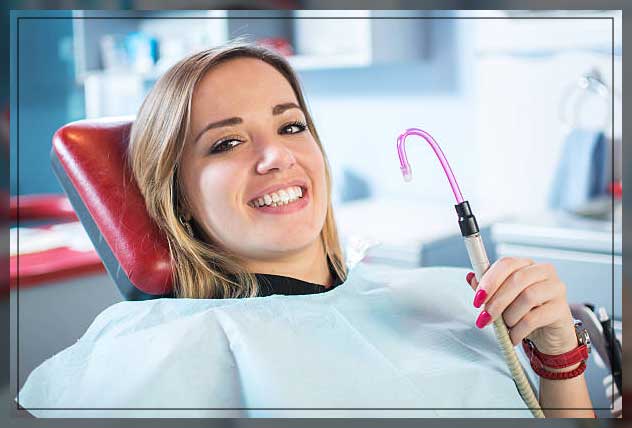
You should be aware that the medical suction pump is a crucial piece of equipment during the oral examination or oral surgery. The right suction pump will help improve patient outcomes. These pumps will also reduce the risk of complications. Your dentist might also promptly intervene in a serious dental emergency.
Many patients are not aware that the spit-vacuum that your dental assistant uses often during the cleaning has a massive impact on the health and safety of the practice.
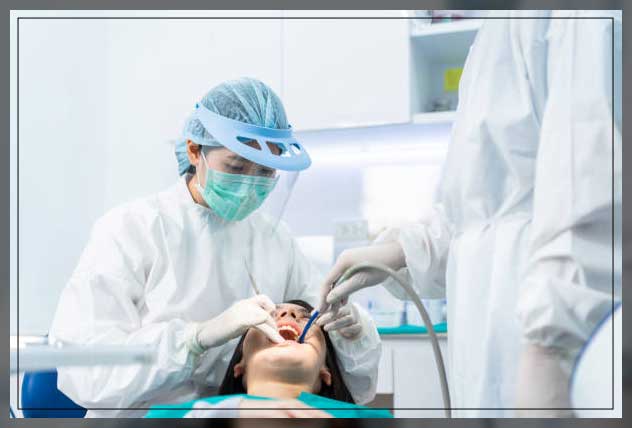
Although you may think that its sole purpose is to keep you from drooling all over yourself while you are having a dental procedure. It is a crucial period as your dentist works on transforming or restoring your smile. Remember that it has other vital roles to play too.
Read on to learn more about dental suction pumps and how your cosmetic dentist uses these tools to keep patients and staff healthy. There are several reasons your dentist should invest in a quality medical suction machine.
What is a Dental Chairside Suction Pump?
Dental suction devices often draw a large amount of air and saliva into them in a short period. They are commonly used during dental cleanings, cosmetic treatments, and oral surgeries. This suction helps keep your teeth and mouth dry while the dentist is completing the dental treatment.
The suction machine helps maintain constant static vacuum pressure. It is a common lab equipment. It often contains different-sized openings that impact how much air they can suck in at once.
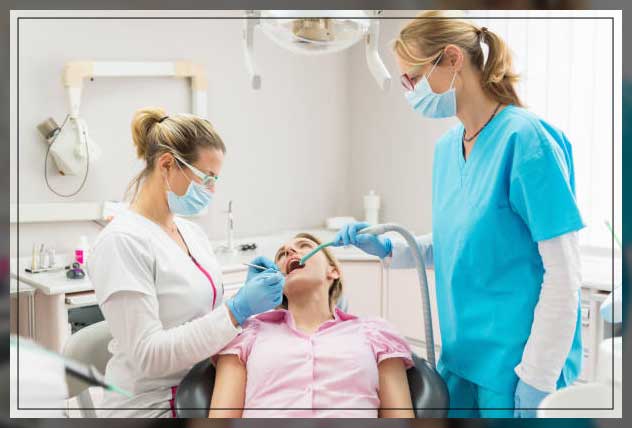
Your dentist will also use the suction pump for infection prevention purposes. There are different types of dental suction devices used during any treatment. They involve fast-moving dental tools that can aerosolize the saliva particles, making them airborne.
Reasons Why the Dentist Needs Dental Suction Pump
1. Removing Saliva and Other Secretions
The device can prevent saliva and secretion buildup. Many dental treatments require your mouth to be dry in order to create an air-tight bond. On the other hand, if there is too much saliva in your mouth, it might impact the strength of the bonding agent. Therefore, your dentist will always try to keep your mouth dry while the procedure continues.
Performing any procedure in the mouth often presents an immediate challenge. This continual production of saliva will make it challenging to maintain a sterile surgical field. It makes it more difficult for your dentist to see the operating tooth.
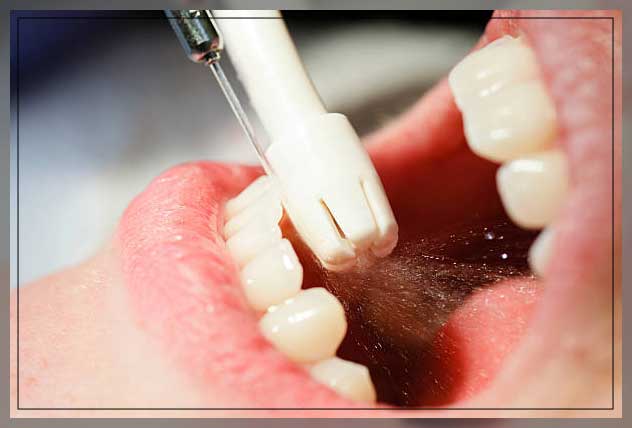
A proper suctioning process using a suction pump will keep the mouth clean. Otherwise, the procedures might be impossible to carry out. When used along with other dental tools, a medical suctioning tool also removes aerosols and surgical debris from the mouth.
2. Protecting the Airway Under Anesthesia
As you might be aware, protecting the airways is crucial, especially during a dental procedure. Under sedation during your dental treatment, the dental suction pump device can keep your airways unobstructed.
Patients with dental anxiety might prefer to undergo even routine procedures under general anesthesia. Other methods, like complex implants and extractions, require anesthesia. Your dentist will give it regardless of patient preference.
In such a case, the proper medical suction device will help maintain a patent airway under anesthesia. The suction can also prevent aspiration, especially for patients who unexpectedly begin vomiting or bleeding.
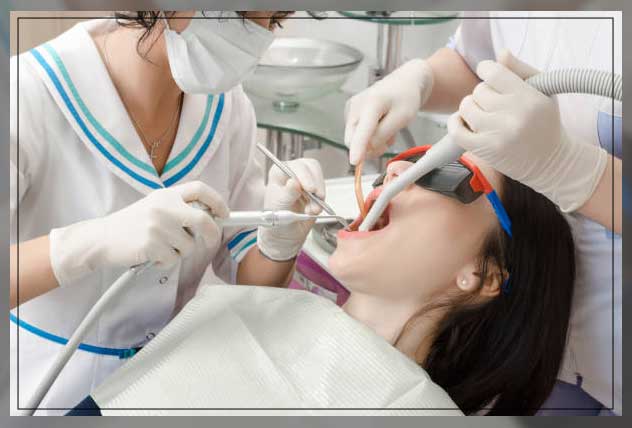
It is a common urge to swallow, accumulating saliva and other debris in the mouth. Individuals may try to eat them as soon as they feel any excess moisture in the mouth. It increases the risk of choking. The extra amount of saliva in the mouth potentially interferes with the procedure. If your dentist promptly removes saliva, the medical suction will improve the patient’s comfort. As a result, it will enable smoother, quicker methods.
3. Preventing Choking
The presence of foreign objects in your mouth might cause you to produce additional saliva. It might result in fear of choking while in the treatment chair. The suction pump helps remove this extra accumulated saliva and makes you feel more comfortable.
As you might be aware, choking is a common fear among dental patients, particularly kids. The presence of foreign objects in the mouth, a dry mouth, and difficulty swallowing make patients feel as if they are at risk of choking.
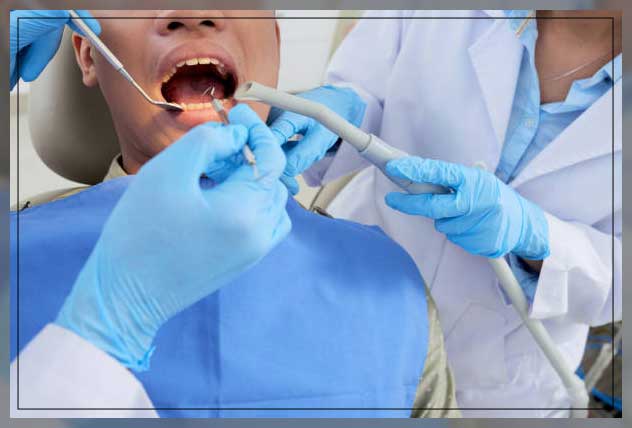
The risk of choking in dentistry might be fearful. Choking might present a real danger, especially in people with breathing problems. People with poor muscle tone, complex dental histories, or significant oral trauma may even face choking issues.
But if your dentist is using a quality medical suction pump, it might significantly reduce the risk by promptly removing surgical debris and oral secretions. Additionally, the suitable suction will allow your dentist to quickly remove debris lodged in or near the throat.
Pediatric dentists who work with kids or dentists working with fearful patients may find that explaining the use of suction pumps may be a problem. When you know that your dentist will remove debris to prevent choking, you may feel less anxious about the procedure. It promotes better oral health and a relaxing env for the patient.
4. Intervening in Dental Emergencies
You should know that even the most skilled dentists might face unexpected emergencies. It could be in the form of allergic reactions to dental equipment or medications, aspiration, and choking.
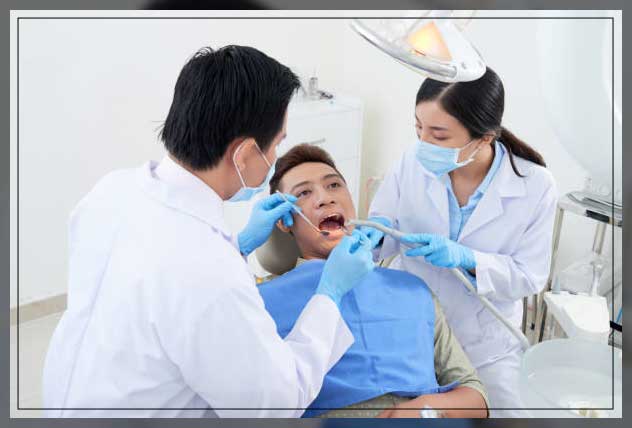
In such a scenario, protecting the airway during such emergencies is critical to protect patients. The right medical suction pump can be beneficial for the dentist. It can help clear the airway during various surgical emergencies. In addition, it might prevent aspiration in a patient who might experience a medical crisis.
5. Choosing the Right Equipment
Today dentists and oral surgeons often use suction units as they are beneficial. Your dentist can perform emergency procedures efficiently.
Therefore, selecting a suction pump unit that delivers sufficient suction is essential. But sometimes, many suction units fail to do so. According to a 2010 analysis – most field suction pump units offer suction that might be too weak to safely remove debris and contaminants from the patient’s oral cavity.
6. Removing Aerosolized Viruses & Germs From the Air
There might be several reasons why your cosmetic dentist may whip out a dental suction during your dental procedure. The process will keep you safe and comfortable throughout your dental treatment.
Your dentist will use fast-moving instruments such as polishers that can turn your saliva into an aerosol plume. It might cause illnesses and bacteria to become airborne without using the suction pump. It is mostly required during some specific procedures.
What are the Benefits of Using Dental Suction Pump?
Dental suction devices often help patients feel more comfortable throughout their treatment. It minimizes the spread of germs and bacteria that might be present in your saliva. The device allows patients to receive dental treatment without worrying about their health.
The best way to learn more about your dentist’s dental suction pump device is to talk to them. Directly. Or you can ask about it during your treatment. It will help you focus on achieving a beautiful, complete grin.
Dental Scenarios Requiring a Medical Suction Pump
1. General Dentistry
Your dentist will use a medical suction pump even during straightforward procedures. As you might be aware, your salivary glands are constantly producing saliva. If you leave it to drain into the oropharynx during a process, excessive saliva might make it difficult for air exchange or might even choke the patient. The use of numbing agents could make swallowing difficult. Without effective oral suction, you could be at risk for obstruction or hypoxia.
2. Tooth Extraction
According to CDC statistics, more than 15 percent of people above 65 in the US have had all their teeth extracted. Therefore, oral health is a good indicator of overall health.
You should understand that it is challenging to be healthy if you constantly suffer from dental disease. Tooth loss and gum disease can prevent the consumption of a balanced diet. As a result, it can lead to nutritional and immune deficiencies. It is a common problem in impoverished countries due to the lack of adequate hygiene, modern dentistry, and preventative medicine.
During teeth removal, it will create trauma to the area. The condition typically causes bleeding. Without a suction pump, the patient might tend to swallow the blood, thus leading to vomiting.
Excessive bleeding, like saliva, may prevent adequate airflow, leading to hypoxia. Clots and tissues can cause obstructions if not removed. Hence these regularly occurring problems will make an effective dental suction pump necessary anytime teeth are extracted.
Note that an appropriate suction catheter size is also critical in most situations. A typical, small-tipped catheter will be ineffective in removing larger debris, like clots and teeth. In such scenarios, an evacuation tool is most effective and will prevent clogs and the need for catheter replacement.
3 Patient Sedation
Your dentist will perform most dental procedures, especially those that produce excessive pain with partial or full sedation. Once a patient is sedated, they lose the ability to protect their airway effectively. Saliva, blood, and tissue can fall to the back of the throat, thus blocking air movement. Moreover, it can increase the risk of aspiration.
It is important to note that oral suctioning is critical for the safe sedation of patients undergoing dental procedures. Airway patency is perhaps the most critical aspect of patient care. Hence the clinic should have an efficient medical suction machine ready for the most effective means to protect the airway.
You should note that modern dentistry could never have come this far without applying effective suctioning. And today’s medical suction pumps ensure complete protection of the patient’s airway, whether you are undergoing a simple cleaning or complex oral surgery.
Read on similar topics like dental X ray here


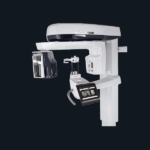
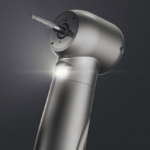
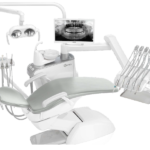
Comments